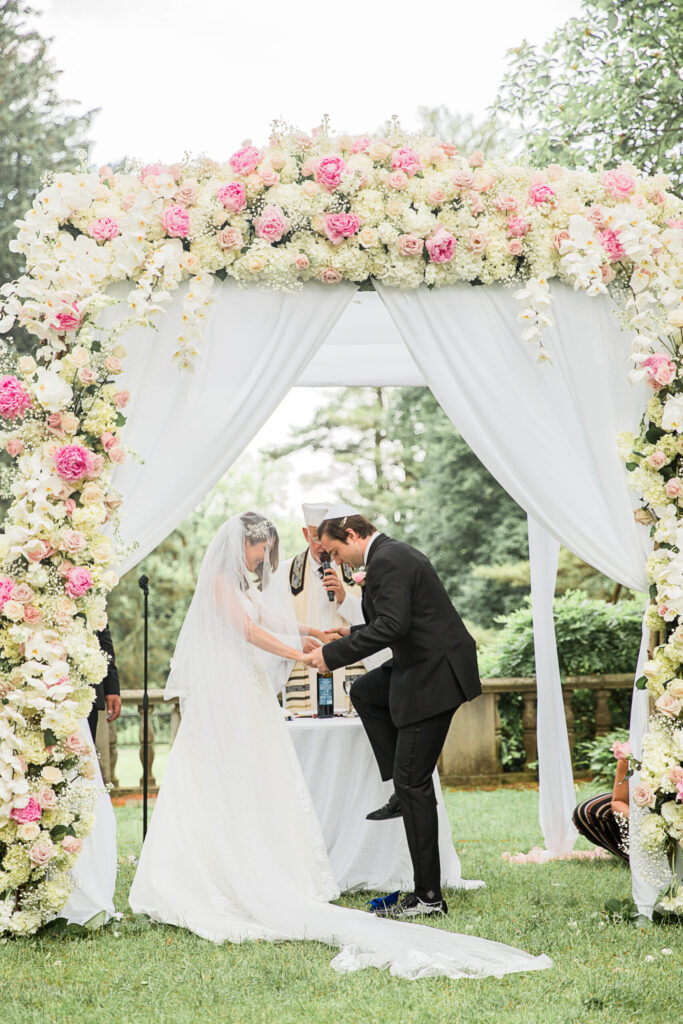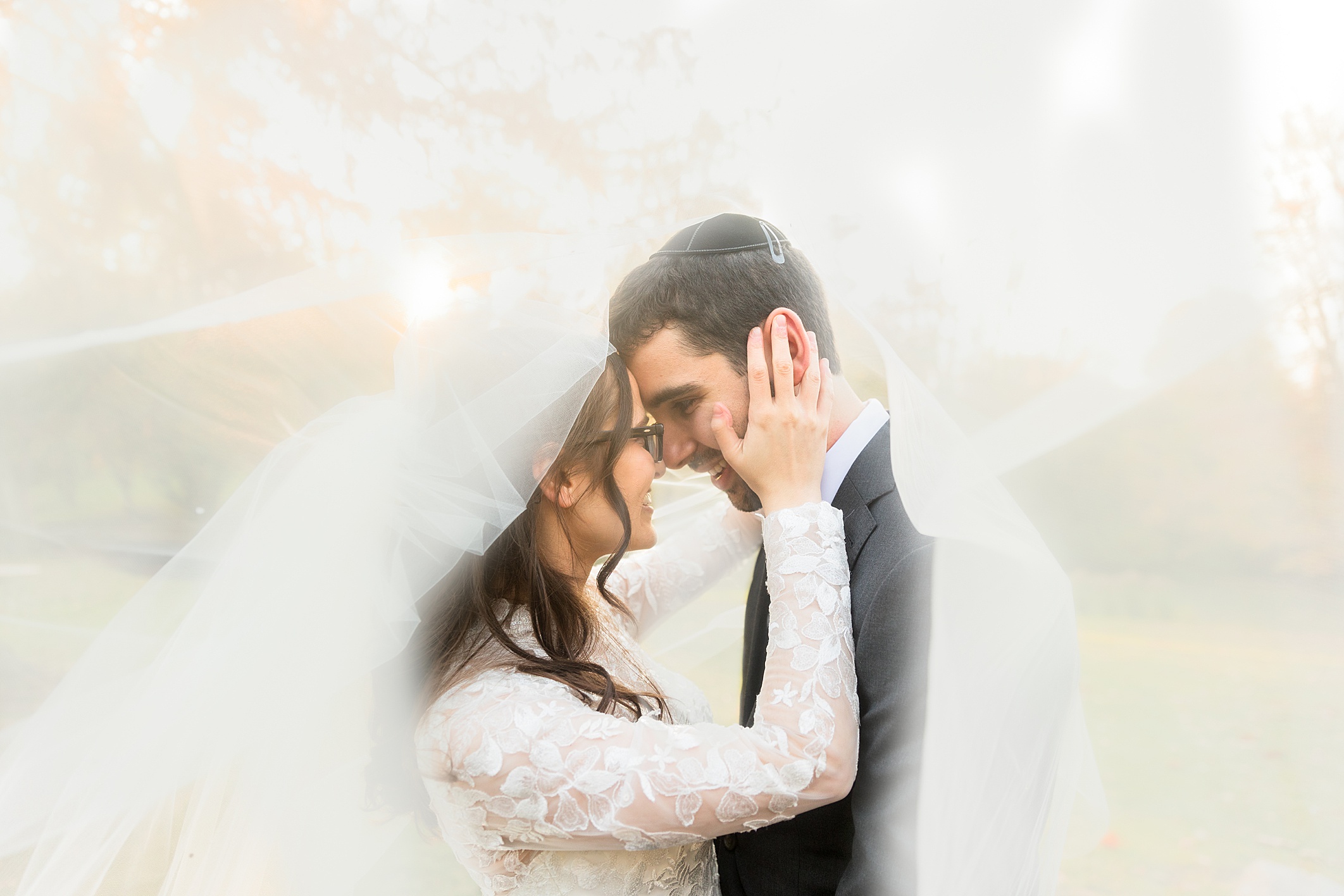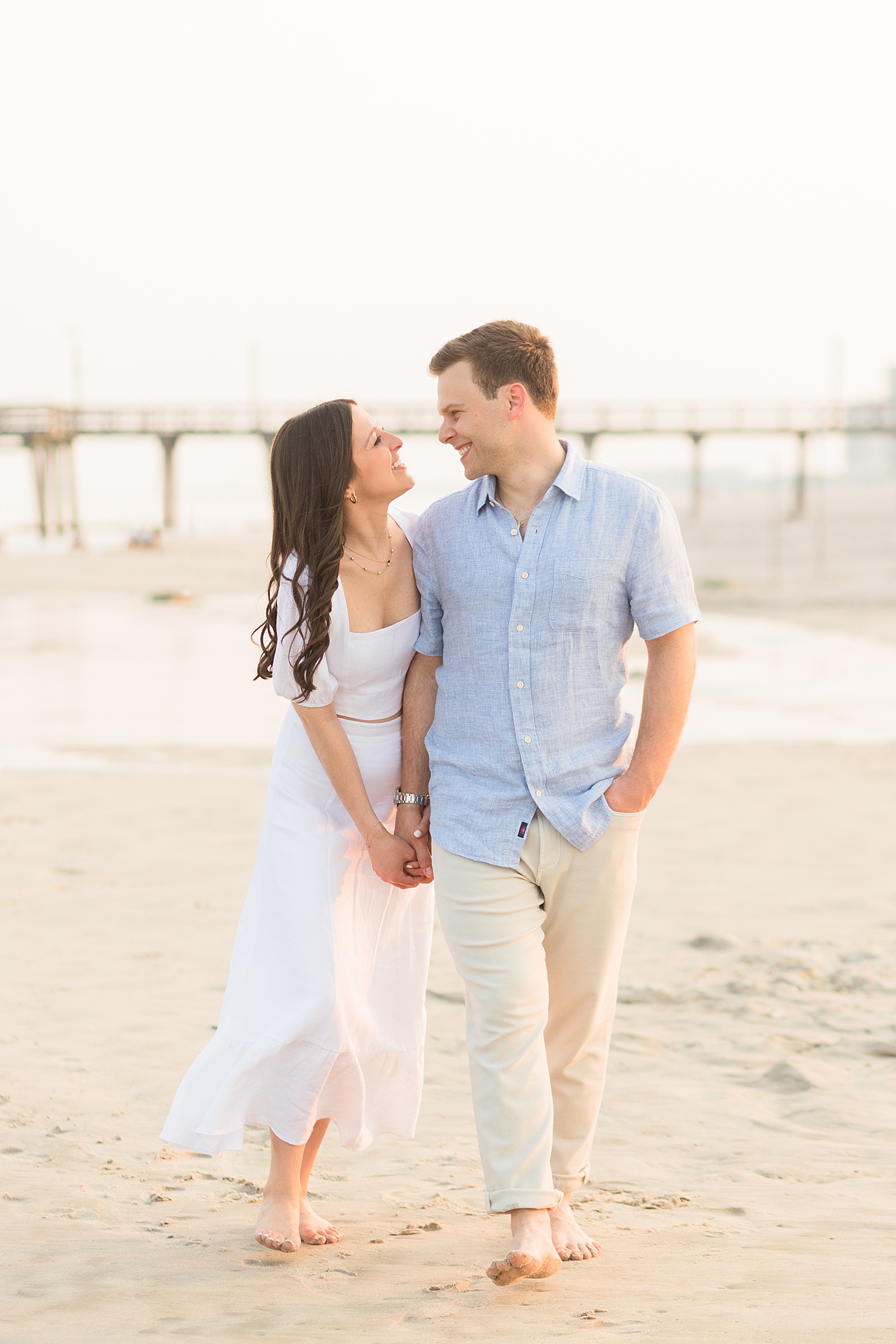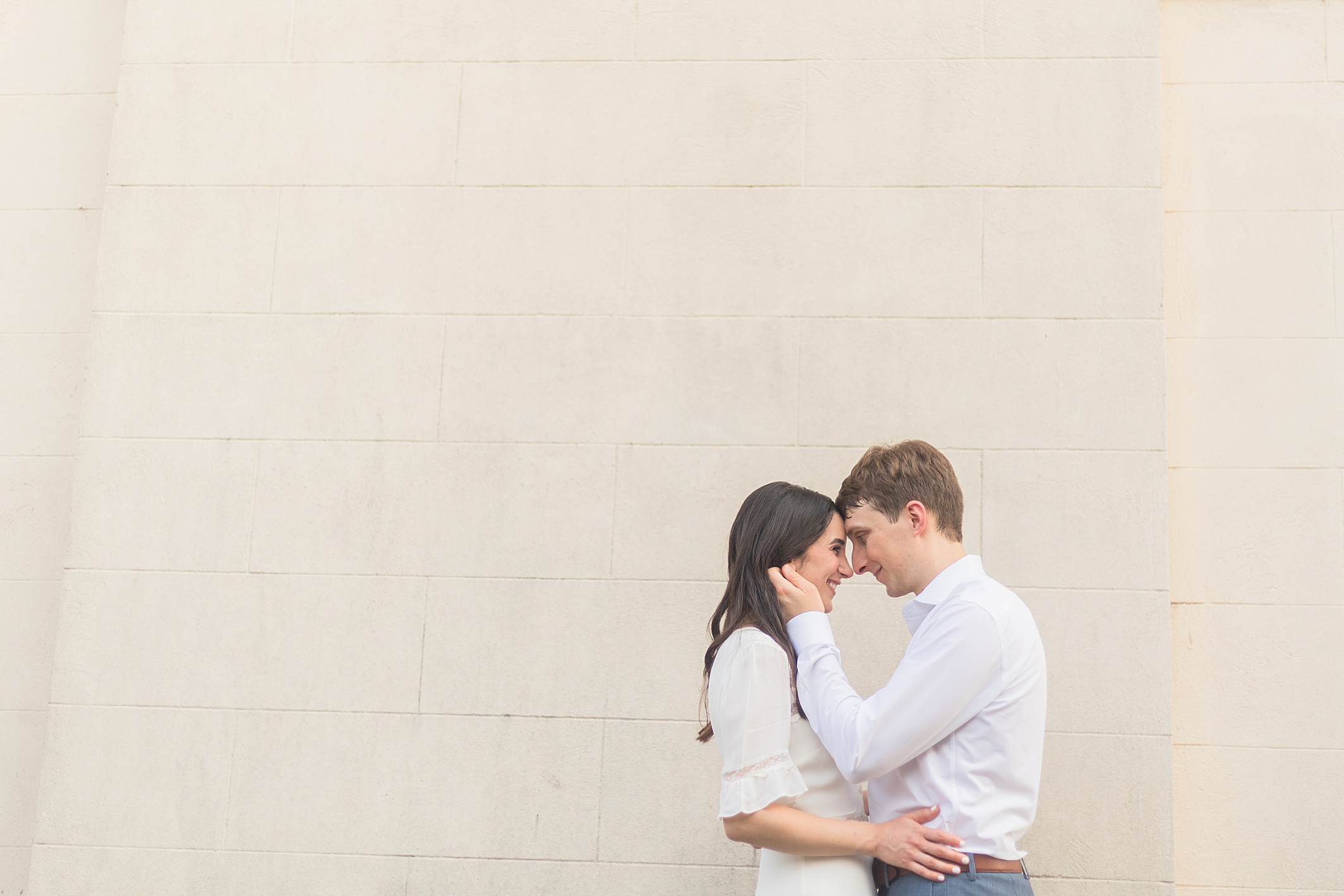
Mazel tov! You’re engaged! Now comes the fun (and sometimes overwhelming) part: planning your wedding. If you and your partner come from different Jewish backgrounds or are figuring out what kind of ceremony best represents your values, you might be wondering: What’s the difference between an Orthodox, Conservative, and Reform Jewish wedding?
As a wedding photographer who has captured so many beautiful Jewish weddings, I’ve seen firsthand how these different traditions come to life. Whether you want a strictly traditional Orthodox ceremony, a meaningful balance of tradition and modernity in a Conservative wedding, or the personal, flexible approach of a Reform wedding, understanding the differences can help you plan a day that truly reflects your love story.
So, let’s break it down and find the right fit for you!
The Heart of a Jewish Wedding
Before we dive into the different traditions, let’s talk about what makes a Jewish wedding… well, Jewish!
No matter the denomination, Jewish weddings usually include:
- The Ketubah – The marriage contract outlining the couple’s commitments.
- The Chuppah – A wedding canopy symbolizing the couple’s new home.
- The Ring Exchange – The groom gives the bride a ring (and in some traditions, the bride gives one back).
- The Sheva Brachot (Seven Blessings) – Recited over wine, these blessings celebrate love, joy, and the creation of a new household.
- Breaking the Glass – A reminder of the destruction of the Temple in Jerusalem, ending the ceremony with a hearty “Mazel tov!”
While these elements remain consistent, how they are performed varies between Orthodox, Conservative, and Reform weddings.

Orthodox Weddings: Rooted in Tradition
If you’re having an Orthodox wedding, tradition is everything. Orthodox Jewish weddings are deeply connected to Halacha (Jewish law), which dictates how the ceremony is performed.
What Makes an Orthodox Wedding Unique?
1. It’s Not About the Venue
Contrary to what some might think, Orthodox weddings don’t have to be in a synagogue. Many couples opt for banquet halls, hotels, or even outdoor spaces—so long as the wedding follows Orthodox practices.
2. The Ketubah Signing (Where’s the Bride?)
Traditionally, the ketubah is signed by two witnesses before the ceremony at the groom’s tisch, while the bride is elsewhere. However, modern Orthodox couples are increasingly choosing to have the ketubah signed under the chuppah so that the bride can be part of the process.
3. The Sheva Brachot Are an Honor to Give
Unlike in some secular weddings where the couple recites vows to each other, the Sheva Brachot are not said by the couple themselves. Instead, different honored guests—often rabbis, family members, or close friends—recite these blessings.
5. Not Necessarily Officiated by a Rabbi
This surprises a lot of people, but an Orthodox wedding does not require a rabbi to officiate! As long as the ceremony follows Orthodox laws and customs, the wedding is valid.
6. The Hora? Of Course!
The reception is where things get wild. Expect high-energy dancing, a lively hora, and a truly joyous atmosphere as the couple is hoisted into the air on chairs, dancing in circles with their favorite people and sitting and laughing as friends and family do silly dances and share inside jokes with them during the shtick.

Conservative Weddings: Balancing Tradition and Modernity
If you’re looking for a wedding that honors Jewish tradition but allows for a little more flexibility, a Conservative ceremony might be your sweet spot. Conservative Judaism upholds Jewish law but allows for modern interpretations.
What Makes a Conservative Wedding Unique?
1. Mixed Seating Is Common
Unlike Orthodox weddings, men and women typically sit together during the ceremony and reception.
2. Ketubah Signing: Traditional, but Flexible
In many Conservative weddings, the ketubah signing still happens before the ceremony with both the bride and groom present, but some couples are embracing the trend of signing it under the chuppah!
3. The Bride’s Role Is More Involved in the Ceremony
The bride may take a more active role in speaking during the ceremony. Some Conservative weddings also include a mutual ring exchange, unlike in Orthodox ceremonies, where only the groom traditionally gives the ring.
4. Hebrew + English for Accessibility
Conservative weddings often use a mix of Hebrew and English, ensuring that all guests, regardless of their level of Jewish education, understand the prayers and blessings.
5. Music and Dancing? Absolutely!
Live music, a rocking hora, and lots of energy are still key elements of the celebration. Conservative weddings tend to be vibrant and joyful, with mixed dancing from the first song, until the last!

Reform Weddings: Personalized and Inclusive
If you’re looking for a ceremony that embraces Jewish heritage while allowing for personal touches and inclusivity, a Reform wedding might be the perfect fit. Reform Judaism emphasizes individual choice and modern interpretations of Jewish rituals.
What Makes a Reform Wedding Unique?
1. Equal Partnership in the Ceremony
In Reform weddings, both partners typically participate equally in the ceremony. The bride may say vows, exchange rings, and play an active role in every part of the ceremony.
2. A Ceremony That Reflects the Couple’s Values
Many Reform couples work with their rabbi to personalize their ceremony. Some include readings from poetry or literature, while others adapt the traditional blessings to make them more egalitarian.
3. The Venue? Anywhere Goes!
Reform weddings are the most flexible when it comes to location. Koshrut is not a concern here! From synagogues to beaches, gardens, and even art galleries, couples choose venues that reflect their personalities.
4. Breaking the Glass Together
While in traditional ceremonies, the groom is the one to break the glass, in Reform weddings, some couples choose to smash the glass together as a symbol of equality.

Which Jewish Wedding Is Right for You?
Choosing between an Orthodox, Conservative, or Reform wedding isn’t about “right” or “wrong”it’s about what resonates with you as a couple.
- If you want a deeply traditional experience rooted in Jewish law, Orthodox may be the way to go.
- If you’re looking for a balance between tradition and modernity, Conservative is a great middle ground.
- If you value inclusivity, flexibility, and personalization, Reform might be the best fit.
No matter which path you take, your wedding should be a beautiful, meaningful reflection of your love, your faith, and your future together.
Mazel tov on your engagement, and happy wedding planning!



